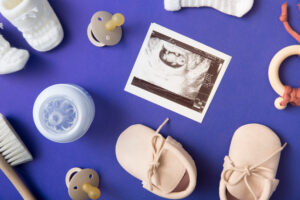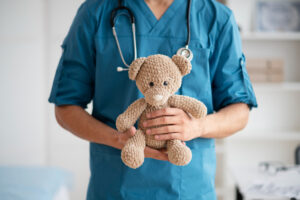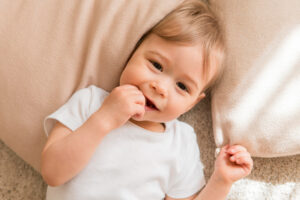Traveling for the first time with a baby can be daunting. But with proper preparation and precautions in place, most babies can travel safely by plane, car or train or bus.
Plan ahead and try to adhere as closely as possible to the routine of your baby while on a trip, as they thrive off it! Routine provides them with stability.
1. Packing
Parents traveling with babies (particularly newborns) have many things they must bring with them, which can be overwhelming even for experienced travelers. To simplify packing processes, try packing multipurpose gear such as collapsible highchair (the Hiccapop OmniBoost booster seat is our top pick) and lightweight strollers – these will help minimize bulk.
Food should always be an important consideration during travel; make sure that you bring enough formula and baby food. Your usual brand may not always be available everywhere you visit, while unfamiliar ingredients could cause upset stomach.
And don’t forget the essentials! Diapers and wipes (including an extra stash just in case!), spare change pads, baby towels, toys and books to pass the time while traveling; additionally if traveling to hot climates remember a sun hat and sunglasses too!
Whenever possible, book a flight that coincides with your baby’s naptime or bedtime for maximum relaxation and ease of travel. Furthermore, try and secure a window seat; it can make the experience far more pleasurable and provide more room for moving legs during their travel experience.
2. Traveling
No matter whether traveling by plane, train or automobile it is essential that parents prepare their baby’s first journey as smoothly as possible. Newborns tend to be easier because their energy level remains relatively constant throughout the day and don’t tend to move much.
If you are traveling by plane, try your best to keep baby on a consistent napping and bedtime schedule as much as possible in the weeks leading up to your trip. This will help them feel more at ease on board the plane while leaving both of you well rested upon reaching your destination.
Before booking your flight, it is vitally important to research airline policies and baggage fees thoroughly. Each airline imposes unique restrictions when it comes to baby travel; some experts suggest waiting until at least 2 months old so your infant has transitioned out of high-risk infant status, received their 2-month vaccinations, and is more comfortable being away from home.
At first glance, taking the train might seem like the ideal first trip option for your baby as you can relax while watching the scenery and your child can delight in hearing that classic “choo choo” horn. If possible, book seats with windows so both baby and you can take in the views, while providing rest breaks between stops. Be sure to pack a first aid kit including bandages, antibiotic ointment, and contact information of pediatricians along with necessary first aid items (bandages etc).
4. Arriving at your destination
Before traveling with baby to Grandma’s house or to an international location, making sure that everything needed for their arrival has been packed properly and safely is the key to an enjoyable trip. To ensure smooth flight for both you and your travel partner.
When traveling with an infant, try booking flights that match up with their daily schedule – such as takeoff and arrival times that allow them to wake up at their regular hour. Where possible, avoid evening flights (6 pm is known as witching hour) and redeye flights if possible.
Packing for toddlers and kids should take account of where you’re staying; local grocery stores will likely stock the necessities (nappies, wipes etc). If visiting family, create a shopping list so shopping trips become part of an activity when everyone arrives together.
Remind yourself that, even though the initial separation might be daunting for your toddler or child, it will help build their trust in caregivers and develop their independence. Be sure to practice saying goodbye at home several times before departing on your trip so they know it’s safe and okay – and bring along a comfort item they can cling onto for support and security!





